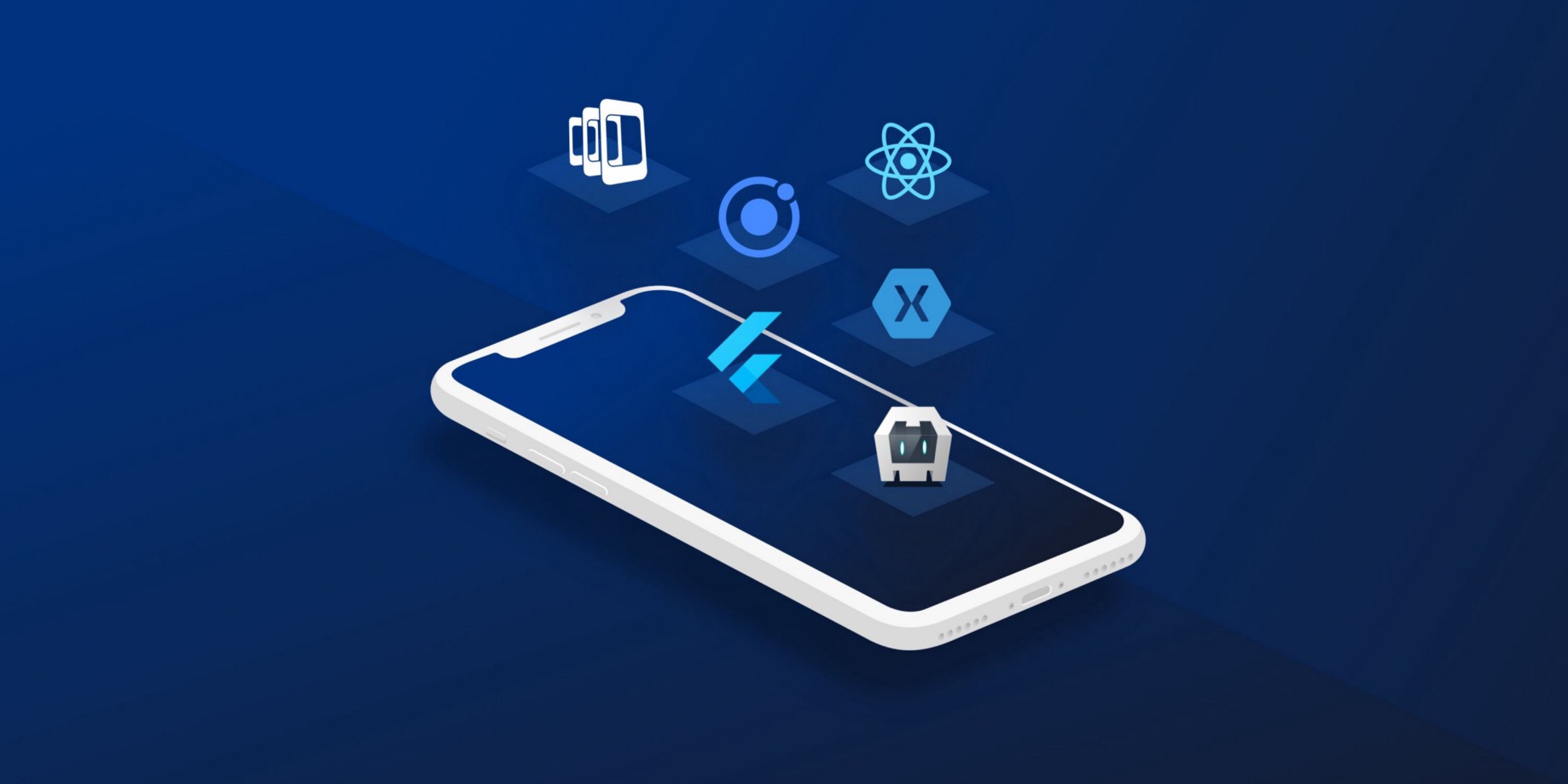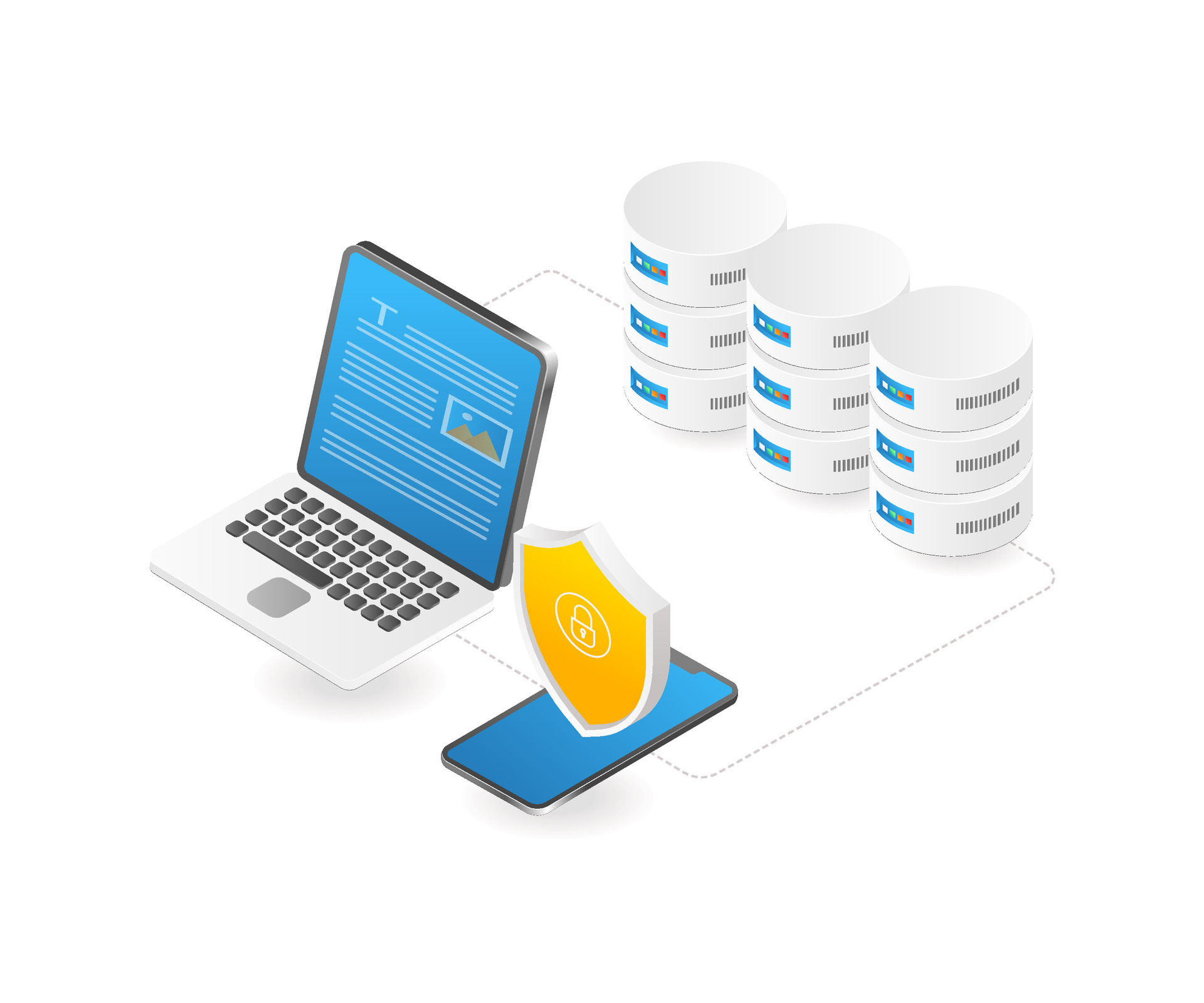Unlocking Application Development on Cloud: A Comprehensive Guide for 2024

Cloud Application Definition
The process of producing software for the internet that makes use of the resources provided by cloud computing is referred to as "cloud application development." Cloud applications, in contrast to traditional programs, which are often executed on local servers or personal computers, take use of the scalability, flexibility, and accessibility that are offered by cloud infrastructure.
Benefits of Application Development on Cloud
Adopting cloud-native development approaches provides numerous compelling benefits for organizations:
Faster time-to-market
Cloud application development platforms provide a variety of ready-to-use services and infrastructure, which may greatly accelerate the development process. Managed services, such as databases, message queues, and authentication systems, allow developers to emphasize the creation of core application logic over the difficulties of infrastructure maintenance.
Scalability
Because of the flexibility of on-demand resources, cloud apps may easily alter their capacity to suit the demands of growing user populations or unanticipated spikes in traffic. Cloud systems provide the benefit of auto-scaling capabilities, which may modify resources in real time to match workload patterns. This guarantees a consistent level of performance and responsiveness.
Cost Savings
Cloud services offer a cheaper alternative to expensive hardware and maintenance. Scaling operations and paying for what they need can reduce IT costs for companies.Global Reach
Cloud platforms feature global data centers, providing customers with fast access to apps. Organizations may provide a pleasant and uninterrupted user experience for clients all around the world by deploying apps in several locations.
Enhanced Collaboration
Cloud-based development tools allow teams from many locations to work efficiently, encouraging creativity and productivity. Working on code repositories, sharing development environments, and automating deployment processes facilitates developer collaboration. This helps to simplify the overall software development process.
How to Develop a Cloud Application
Developing a cloud application entails going through a succession of essential stages, including:
- Define needs: You must explicitly outline your application's objectives, functionality, and scalability needs. Consider predicted user traffic, data storage requirements, security concerns, and compliance standards.
- Choose a Cloud Platform: When selecting a cloud platform, consider pricing, services supplied, and compatibility with your existing technological stack. Consider the merits and cons of each platform, taking into account variables like as performance, dependability, security, and any limits associated with individual vendors.
- Design Architecture: Scalability, resilience, and security are all important considerations when designing your application, therefore use cloud-native design patterns and services. Create a flexible and adaptive design that allows components to scale independently while seamlessly integrating with external services.
- Develop and Deploy: Use cloud development tools to bring your application to life and then publish it on your choice cloud platform. Use cloud-native frameworks, libraries, and SDKs to expedite the development and make use of platform-specific capabilities.
- Monitor and Optimize: Keep an eye on performance data, user comments, and any security risks to ensure that your application runs smoothly and consistently. Implement logging, monitoring, and alerting tools to stay ahead of any issues and handle them quickly, reducing the impact on consumers.
Cloud Application Development Platforms
Cloud platforms offer a wide range of services and capabilities for cloud application deployment and management:
Amazon Web Services (AWS)
Amazon Web Services (AWS) offers processing, storage, database management, and machine learning. Developers may build scalable and robust apps with AWS Lambda, EC2, S3, and RDS. These services aid developers with their vast range of application cases.
Microsoft Azure
Virtual machines, AI, analytics, and the Internet of things are supported by Microsoft's cloud platform. Azure Functions, Blob Storage, SQL Database, and Virtual Machines help developers build and deploy cloud-native apps quickly.
Google Cloud Platform (GCP)
Google's cloud services include computers, data storage, machine learning, and productivity apps. Google Cloud Platform (GCP) helps developers quickly expand programs and try new ideas. These services include Google Cloud SQL, Compute Engine, Storage, and Functions.
IBM Cloud
IBM provides IoT, blockchain, and AI cloud services. This meets business application requirements. Virtual Servers, Object Storage, Databases, and Functions from IBM Cloud let developers build and deliver enterprise-grade apps.
Oracle Cloud
The Oracle cloud platform contains databases, apps, infrastructure, and developer tools for enterprise workloads. Oracle clients can use its cloud. Developers may construct highly available and secure apps using Oracle Cloud Infrastructure computing, object storage, autonomous database, and security.
Cloud Application Example
Healthcare
Cloud-based healthcare applications and EHR systems are becoming essential. These technologies allow healthcare staff to securely handle, exchange, and keep patient health data. Cloud technology helps medical staff access real-time patient data, collaborate, and improve clinical operations.
Finance
Cloud computing has revolutionized internet banking and money management. Many banks and financial institutions offer cloud-based software for online and mobile banking and financial management. These solutions let clients easily manage accounts, make transactions, and safely monitor their financial assets from any internet-connected device.
Retail
Cloud computing has transformed retail by enabling seamless cross-channel shopping. Online shopping is a prime example of cloud-based retail applications. Companies can protect transaction processing, inventory management, and online shopping with these technologies. Cloud-based e-commerce solutions simplify retail channel communication, personalized suggestions, and transaction fulfillment.
Manufacturing
Cloud manufacturing apps have altered the manufacturing process, improving supply chain visibility, efficiency, and predictive capability. Cloud-based SCM tools help manufacturers track inventory, manage procurement, and boost supply chain efficiency. Cloud-based SCM systems increase risk management and decision-making by providing supply chain visibility. Businesses can monitor the entire production process, from raw materials to product delivery, with this technology.
Conclusion
Businesses are increasingly using cloud apps because they provide flexibility, innovation, and speed. Cloud-computing businesses can meet stakeholders' and consumers' shifting expectations with flexible, reliable, and cost-effective solutions. Digital enterprises and consumer relationships are being transformed by cloud apps.
Axalize, a global IT company based in Vietnam, specializes in delivering IT development services aimed at transforming the IT visions of businesses and individuals into practical solutions. Axalize focuses on developing high-efficiency and secure mobile applications compatible with iOS, and Android devices, and cross-platform environments. With a dedicated team of experts, Axalize is committed to providing tailored solutions to meet the specific needs of businesses.


